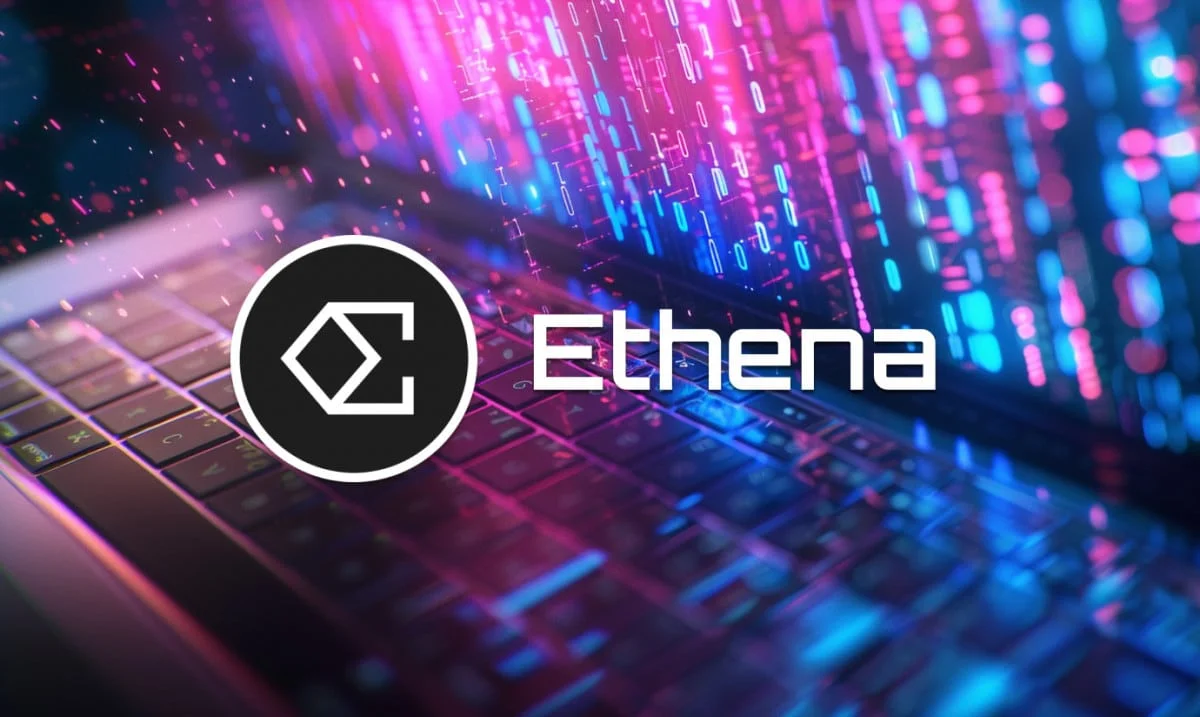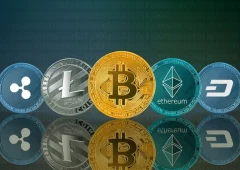Ethena Unveils New Stablecoin with BlackRock Backing
26.09.2024 17:00 1 min. read Alexander Stefanov
Ethena is gearing up to release UStb, a new stablecoin developed in partnership with Securitize, a platform specializing in real-world asset tokenization.
UStb will operate similarly to other stablecoins, with plans to back it by BlackRock’s tokenized USD Institutional Digital Liquidity Fund (BUIDL), which invests in U.S. dollars and short-term U.S. Treasury bills. Since its launch in March, BUIDL has grown rapidly, managing over $522 million, and now ranks as the largest tokenized U.S. Treasuries fund.
The broader tokenized securities market has exceeded $2 billion, while Securitize has facilitated over $950 million in tokenized investments, partnering with companies like BlackRock and KKR.
UStb will be a completely separate offering from Ethena’s USDe stablecoin, which was launched earlier this year and quickly became a top-five stablecoin by market cap.
Unlike UStb, USDe is supported by a mix of crypto assets and relies on derivative strategies, exposing it to risks like market volatility. In August, USDe briefly lost its dollar peg during a market downturn but recovered swiftly.
Ethena plans to use UStb as a buffer for USDe in turbulent markets, allowing the reallocation of assets to stabilize USDe if needed. The company also aims to integrate UStb as collateral on major exchanges such as Bybit and Bitget. In February, Ethena raised $14 million in funding, securing a $300 million valuation.
-
1
UK Regulators Unveil PISCES – A New Era for Private Share Trading
11.06.2025 15:00 2 min. read -
2
Trump Turns 79 With Billions in Crypto and a $45M Parade
14.06.2025 22:00 2 min. read -
3
Polygon Breaks from Decentralization as Sandeep Nailwal Assumes Full Control
11.06.2025 20:00 2 min. read -
4
KuCoin Plants Its Flag in Bangkok With a Licensed Thai Exchange
14.06.2025 13:00 1 min. read -
5
Nvidia CEO Urges UK to Invest in AI Infrastructure or Risk Falling Behind
10.06.2025 9:00 1 min. read
U.S. Bank Advises Clients to Drop These Cryptocurrencies
Anchorage Digital, a federally chartered crypto custody bank, is urging its institutional clients to move away from major stablecoins like USDC, Agora USD (AUSD), and Usual USD (USD0), recommending instead a shift to the Global Dollar (USDG) — a stablecoin issued by Paxos and backed by a consortium that includes Anchorage itself.
Vitalik Buterin Warns Digital ID Projects Could End Pseudonymity
Ethereum co-founder Vitalik Buterin has voiced concerns over the rise of zero-knowledge (ZK) digital identity projects, specifically warning that systems like World — formerly Worldcoin and backed by OpenAI’s Sam Altman — could undermine pseudonymity in the digital world.
What Are the Key Trends in European Consumer Payments for 2024?
A new report by the European Central Bank (ECB) reveals that digital payment methods continue to gain ground across the euro area, though cash remains a vital part of the consumer payment landscape — particularly for small-value transactions and person-to-person (P2P) payments.
History Shows War Panic Selling Hurts Crypto Traders
Geopolitical conflict rattles markets, but history shows panic selling crypto in response is usually the wrong move.
-
1
UK Regulators Unveil PISCES – A New Era for Private Share Trading
11.06.2025 15:00 2 min. read -
2
Trump Turns 79 With Billions in Crypto and a $45M Parade
14.06.2025 22:00 2 min. read -
3
Polygon Breaks from Decentralization as Sandeep Nailwal Assumes Full Control
11.06.2025 20:00 2 min. read -
4
KuCoin Plants Its Flag in Bangkok With a Licensed Thai Exchange
14.06.2025 13:00 1 min. read -
5
Nvidia CEO Urges UK to Invest in AI Infrastructure or Risk Falling Behind
10.06.2025 9:00 1 min. read


